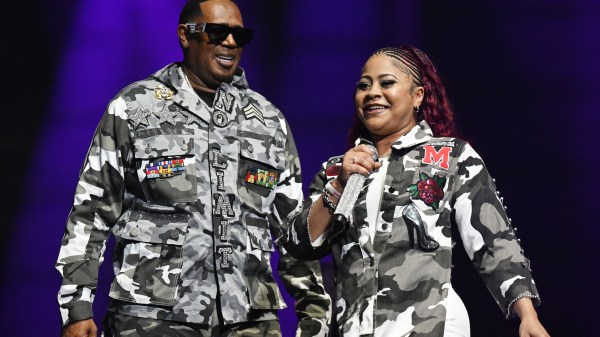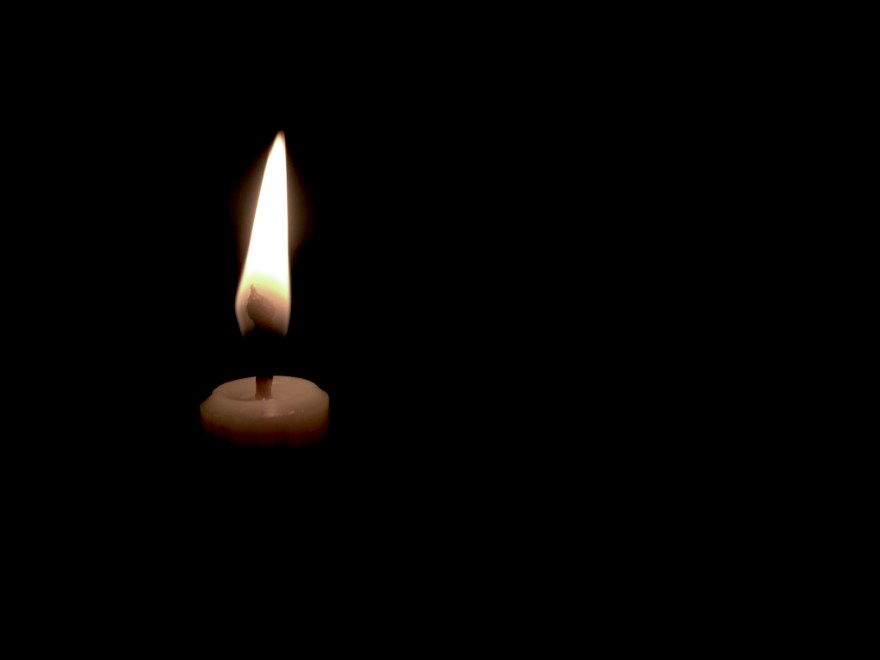Videos by According2HipHop
The Los Angeles underground has lost one of its most inventive voices. P.E.A.C.E., the freewheeling MC known for his dizzying flows and fearless experimentation as part of the influential collective Freestyle Fellowship, has passed away. The group confirmed the news in an emotional Instagram post: “You had a great heart and you were authentic. One of West Coast Hip-Hop’s royal treasures. You will be surely missed my friend.” No cause of death has been shared.
Born Mtulazaji Davis, P.E.A.C.E. spent his early years in Dallas before finding his creative footing in Los Angeles. A multi-instrumentalist with a boundless imagination, he began rapping in high school during the ’80s and later immersed himself in the freestyle sessions at The Good Life Café—the now-legendary South Central open mic that birthed a new language for West Coast rap. It was there he linked with Aceyalone, Myka 9, and Self Jupiter to form Freestyle Fellowship, a group that redefined what lyricism could sound like.
Freestyle Fellowship’s early work, especially their 1991 debut To Whom It May Concern… and its 1993 follow-up Innercity Griots, pushed the boundaries of rhythm and delivery. Their rapid-fire cadences, layered harmonies, and jazz-inspired phrasing carved out an experimental lane for L.A. rap that stood in stark contrast to the gangsta narratives dominating the early ’90s. It was artful, abstract, and electrifying—music that demanded your full attention. Without that groundwork, artists like The Pharcyde, Hieroglyphics, and even Kendrick Lamar might’ve sounded very different.
P.E.A.C.E. went on to release solo projects including Southern Fry’d Chicken (2000) and Megabite (2004), and appeared in Ava DuVernay’s 2008 documentary This Is The Life, which chronicled the lasting cultural impact of The Good Life Café.
Beyond his catalog, P.E.A.C.E.’s legacy lives in the ethos of L.A.’s Project Blowed, the community workshop that evolved out of the Good Life movement and became one of the longest-running open mics in hip-hop history. His influence ripples through generations of rappers who still prize technical mastery, creative freedom, and the pure joy of rhyme.























